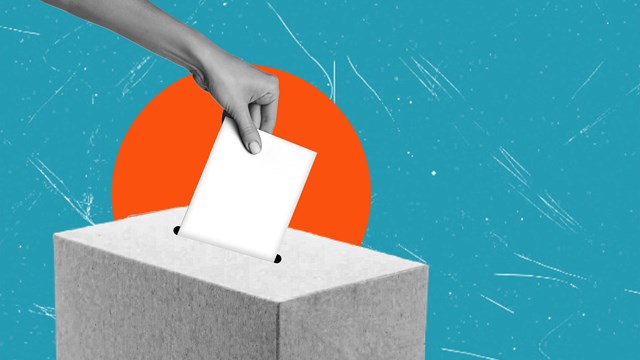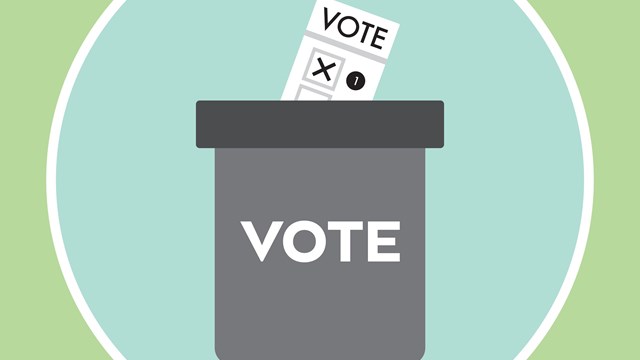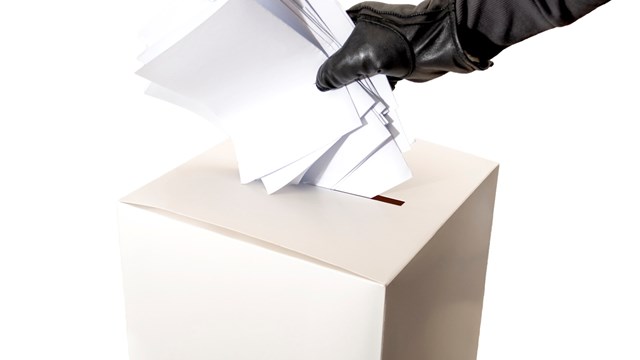Board responsiveness and transparency are critical components in the good governance of co-op, condo and HOA communities. It’s the responsibility of the board and its members to act on behalf of the community - a legal obligation known as fiduciary duty. But what happens when a board, or several board members, put their own interests before those of their community, or institute policy in opposition to the position of the majority of owners? What options does a community have when faced with an uncooperative or unresponsive board?
Where Do Boards Get Their Power?
“In New York,” says William McCracken, a partner with Ganfer Leeds Shore & Zauderer, a law firm based in Manhattan, “co-op and condo boards are constrained by a vast array of laws and regulations that may come up in specific cases. Overall, a co-op board gets its power to govern from the Business Corporation Law (BCL) and its individual governing documents (the corporation’s articles of incorporation, bylaws, as well as the proprietary lease with its shareholders), and a condo board from the Condominium Act and its individual governing documents (the declaration and bylaws).”
In New Jersey, explains Scott Piekarsky, an attorney with Phillips Nizer, a law firm with offices in Hackensack, “Non-profit corporations such as co-ops fall under the non-profit statute and condos under the Condominium Act. We also have case law for precedent. In a condo, powers are further delineated through the association’s master deed and bylaws. For an HOA, you have a master declaration and bylaws. These documents grant pretty much the same powers in each case. For co-ops we look to the bylaws and rules and regulations. The relationship between the shareholders and the co-op are set forth in the proprietary lease. When determining board power we always start with the governing documents. If we need more, we look to the condominium act or non-profit statute.”
The board’s authority to govern, to make and execute policy, is both established and protected under law and statute. In particular, courts generally apply what’s known as the Business Judgment Rule to decisions made by boards to protect decisions made by those boards and board members. The rule assumes that boards and board members have used their best judgment in making their decisions, and puts the onus on those objecting to board decisions and policies, rather than on boards or board members themselves.
Challenging the Board
So, given that boards and board members are assumed by the courts to have made decisions in good faith and enacted policy to benefit their constituents, what options do community members have in challenging boards and board members? There are basically two categories: legal action, or the ballot box - and occasionally both.
When residents are concerned about board overreach McCracken says, “First and foremost, they should study their governing documents. If a board is acting out of line, it will probably be because they didn’t comply with the constraints set forth in their by-laws or other documents. Shareholders and unit owners who want to investigate their boards are also helped by the fact that the courts have greatly expanded the right of access to information. It used to be that boards could be very particular about what type of information they turned over in response to a resident’s request, but in general it’s much more difficult to justify withholding business records now. If the shareholder or unit owner does uncover proof of wrongdoing, they can always bring a lawsuit (or start an arbitration, depending on the claim and what their governing documents say) on behalf of themselves and/or their neighbors. Short of that, they can call a special meeting or organize around getting a new board elected.”
In New Jersey, Piekarsky explains, owners can confront their board and demand a meeting. The Department of Community Affairs (DCA) will get involved in a few areas; if no public meeting is provided upon request, if the association has not provided alternative dispute resolution (ADR) – a mandatory first resort for disputes in New Jersey – if the board is not doing what they are required to do. “Unfortunately,” says Piekarsky, “it may require getting lawyers involved, and that can get expensive.”
The most effective way to combat poor board governance is at the ballot box. Residents unsatisfied with their board can wait for the annual election, or call for a special election if permitted under their governing documents. If your board has failed to govern effectively, or worse, has engaged in self-dealing or other inappropriate behavior, exercise your political rights. It’s the most readily available and least expensive option in protecting yourself and your community from a board gone bad.










Leave a Comment